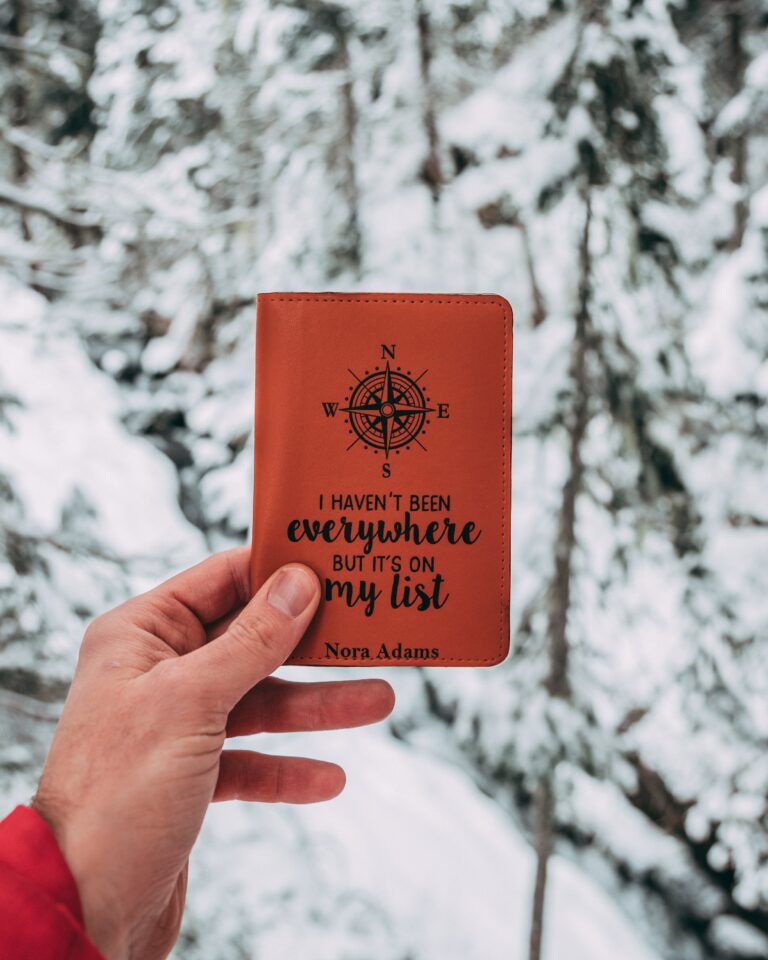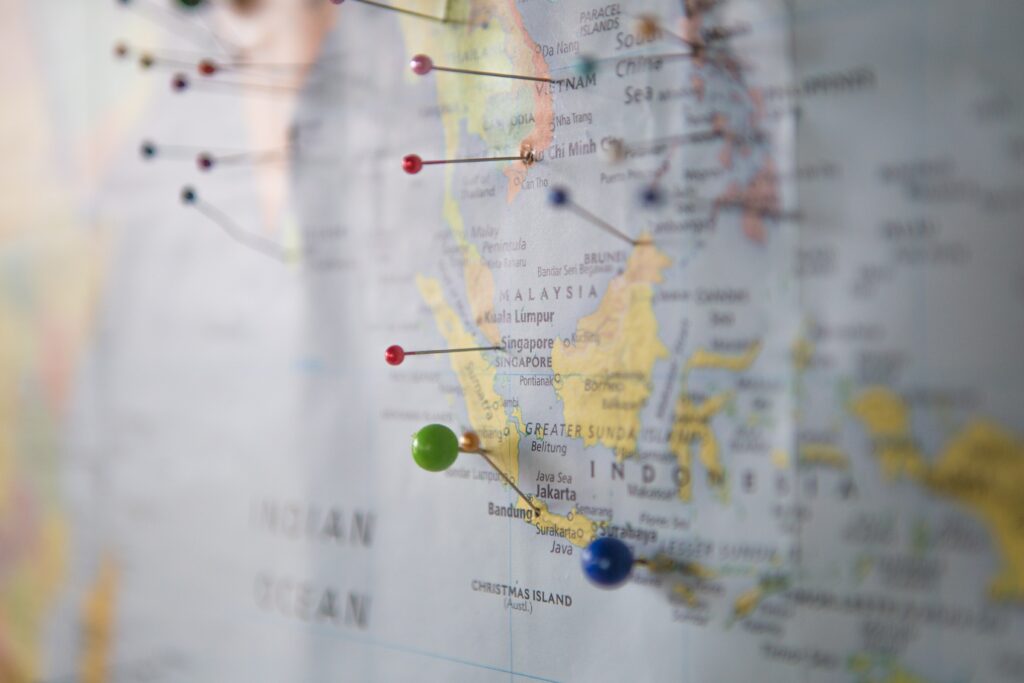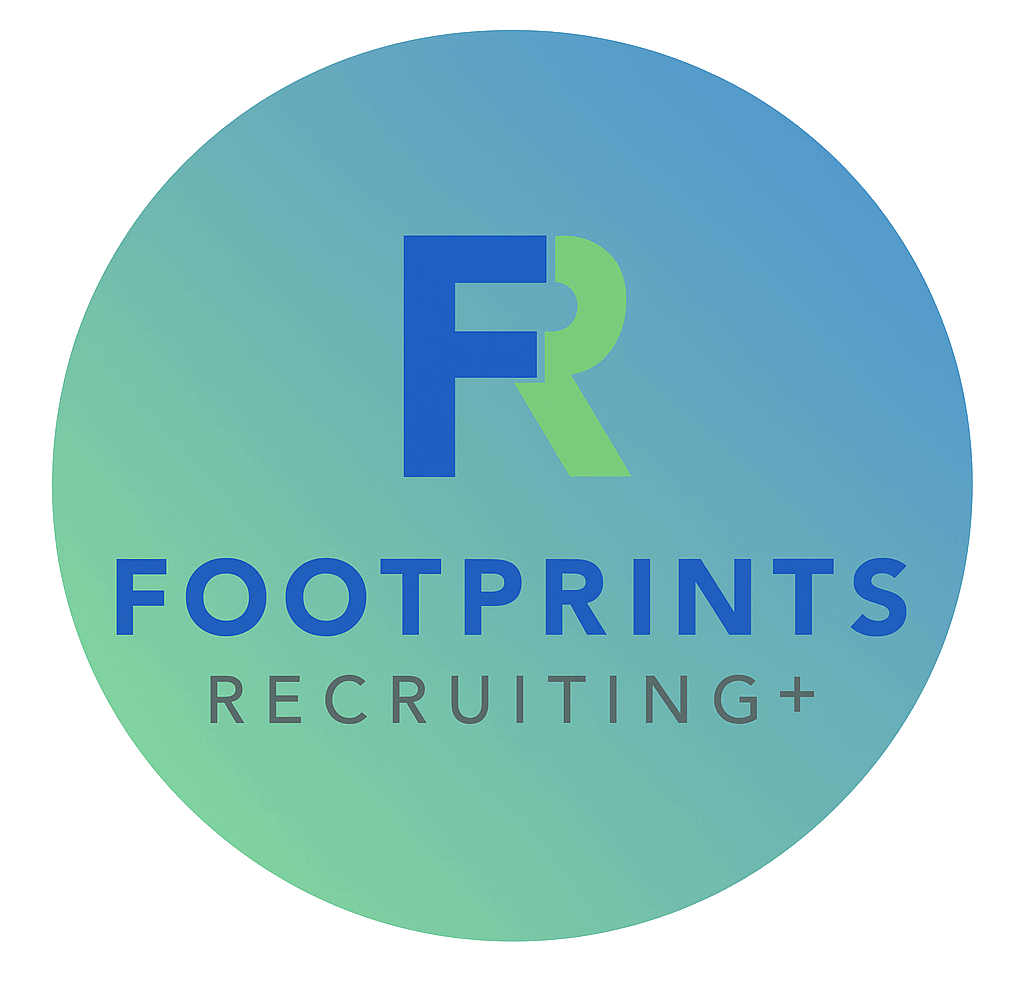E2 VISA INSTRUCTIONS FOR CANADIANS
You’ve decided to teach in South Korea, congratulations! This is the start of an incredible adventure, and we’re here to help you every step of the way.
Whether your goal is to teach English in Korea for a year or start a long-term career abroad, getting your E2 visa for South Korea is the first big step. To make things easy, we’ve put together a clear guide below that explains exactly how to apply for your Korean teaching visa, what documents you’ll need and how to get them apostilled in Canada.
If you’re still exploring your options and haven’t applied for a teaching position yet, take a moment to fill out our quick one minute online application to teach in Korea. It’s completely free and our experienced team will connect you directly with hiring directors at some of the best schools in South Korea. We’ll also guide you through every stage of the process, from your first interview to landing in Korea, saving you time, stress and confusion.
Ready to begin your journey to teach in Korea? Let’s dive in! Teach English Abroad. Teach in South Korea. How to get an E2 visa. E2 Visa Guid. E2 Visa Requirements. E2 Visa instructions.
Table of Contents
Step 1: Documents
The first step in this exciting process is to collect and authenticate your documents. Below we have broken down the specific steps for each document. You will need all of them completed before moving on to step 2.
| Document | Notes / Requirements |
|---|---|
| Bachelor’s Degree (or higher) | 4-year degree from an accredited university |
| RCMP National Criminal Record Check | Must include photo and fingerprints |
| Health Declaration / Questionnaire | Completed by you (details below) |
| Passport photocopy | Info page, valid at least 6 months |
| Resume / CV | Up to date |
| Signed teaching contract | Provided by your hiring school |
| Passport-style photos | Usually 3–5, depending on consulate requirements |
1.1 University Degree
- Must be a four-year Bachelor’s degree (at minimum) in any discipline
- Must be from an accredited university
- Your degree must be a notarized photocopy that has the apostille on it:
- Take your degree to a local notary public. The lawyer will make a photocopy of it and notarize it
- After your degree photocopy is notarized, you will need to apostille your document through your provincial government or Global Affairs Canada
1.2 Criminal record check
- Your record check cannot be more than six months old when you are proceeding to step 2
- This is a National criminal record check (issued by the RCMP and includes your photo and fingerprints)
- Have the results sent to you or pick them up yourself
- If they ask, tell them it is for Footprints Recruiting and provide our address (listed on our home page)
- Your RCMP criminal record check must be a notarized that has the apostille on it:
- Take your RCMP background check to a local notary public to be notarized
- After your RCMP check is notarized, you will need to apostille your document through your provincial government or Global Affairs Canada

1.3 Health Statement
- This is a simple questionnaire form from the Korean government where you personally answer the questions. Once you arrive in Korea, a full blood test and physical exam will be administered
- The test will include testing for narcotics, TB, HIV, and other communicable diseases. Marijuana is illegal in South Korea and may be tested for on your health exam. DO NOT BRING ANY DRUGS TO KOREA OR USE ANY THERE
- If you do not pass the health exam in Korea, your ability to receive an ARC card will be jeopardized. Without an ARC card, you are unable to work in South Korea, nulling your Visa
1.4 Passport Photocopy
- This is a coloured photocopy the information page of your passport
- Make sure you have at least 6 months on your passport before it expires
1.5 Resume
- Print a copy of your resume
1.6 Signed Copy of School Contract
- The contract will be provided to you by e-mail once you agree to the contract and the school accepts you as a teacher
1.7 Five Passport Sized Photos
- These are standard passport photos – the same that you would need for a new passport. The photos must not be older than 6 months
- 3.5 x 4.5cm, colour photo
- Have one additional passport photo on hand for the final stage of the overall E2 visa application process, in Step 3
Where to Apostille your Notarized Degree and RCMP check:
- Alberta: Provincial Information
- British Columbia: Provincial Information
- Ontario: Provincial Information
- Quebec: Provincial Information
- Saskatchewan: Provincial Information
- Manitoba, New Brunswick, Newfoundland and Labrador, Northwest Territories, Nova Scotia, Nunavut
Prince Edward Island, Yukon: Global Affairs Canada Information
Step 2: Send Documents to South Korea (Visa Reservation Number)
Checklist of Required Documents:
- Notarized copy of your degree with Apostille
- Notarized national criminal record check with Apostille
- Health check statement
- Coloured photocopy of the information page of your passport
- Copy of your resume
- Signed copy of your school contract
- Two passport-sized photos
When sending your documents so that you can teach English in South Korea, always use FedEx or UPS to ship them directly to your school. Do not use Canada Post or Purolator. These carriers don’t provide reliable tracking once the package enters South Korea, which can cause serious delays or lost documents.
After shipping your package:
- Keep your shipping invoice and tracking number, this is crucial for monitoring your delivery
- Send a copy of the tracking number to Footprints Recruiting so we can help your school track the documents if needed
- Save the destination address for your records
Your school may need to reference your tracking number if there are any delivery issues, so make sure it’s easy to access.
Getting Your E2 Visa Confirmation Number
Once your documents arrive in South Korea, your school will take them to the Korean Immigration Office. Immigration will then process your application and issue a Confirmation of Visa Issuance Number, sometimes called a Visa Confirmation Number or Visa Reservation Number.
This process usually takes 7–12 business days.
Your Visa Issuance Number will look something like this: UJBO 08007392 (the first four characters are letters, followed by numbers).
Once issued, your school will email this number to you (or to Footprints Recruiting). You’ll need this code when completing your E2 teaching visa application in the next step!
Step 3: Submit Application with the Korean Consulate
We move to this step assuming that you have received your Visa Confirmation Number. If you don’t have it, please check with your Footprints Recruiter and they will contact the school to see where things currently stand. Korean immigration usually takes 7 to 12 business days to process applications in Korea.
Once you have your Visa Confirmation Number, (also known as Visa Issuance Number), it is time to take or mail the Visa Application form and the required documents to the Korean Consulate with jurisdiction of your area.
Check with your jurisdiction’s Korean Consulate for their application requirements. Some Korean Consulates may not accept mailed applications and may require an in-person appointment.
**See the links below to find out which office has jurisdiction for your province.
Required Documents to Apply for an E2 Visa at the Korean Consulate: How to get an E2 visa. E2 Visa Requirements. E2 Visa instructions.
- Completed E2 Visa Application Form
- Confirmation of Visa Issuance Number: Fill in the reservation number in the appropriate section of the application form
- Passport: Make sure you have your passport ready and that there is 6 months validity left on it. Make sure it’s signed too
- Photo: You will need to send a coloured passport picture with your application. 3.5 x 4.5cm, colour photo
- Fee: Please always contact the consulate at the time of applying to confirm the fee and accepted payment methods
Always call your Korean Consulate to ensure you are familiar with their procedures.
Each Korean Consulate has different processing times (from one hour to 5 days), so ask them when it will be ready and let us know as soon as possible. If you did not go in person, call the consulate to make sure they received your documents and to find out when your visa will be ready. Teach English Abroad. Teach in South Korea. How to get an E2 visa. How To Get An E2 Visa Canadians. E2 Visa Guide. E2 Visa Requirements. E2 Visa instructions.
Once you have received your passport back with your E2 visa, you are all set to begin your journey to Korea! Congratulations!
Korean Consulate Locations & Jurisdictions

The Korean Consulate in Vancouver is responsible for all of Alberta, British Columbia, NWT, Nunavut, Saskatchewan and the Yukon Territory.
Address: 1600-1090 West Georgia Street, Vancouver, British Columbia, V6E 3V7
Phone: (604) 681-9581
The Consulate in Toronto is responsible for all of Ontario (except Ottawa) and Manitoba.
Address: 555 Avenue Rd, Toronto, Ontario, M4V 2J7
Phone: (416) 920-3809
Only candidates who live in Ottawa should process their visas at the Embassy in Ottawa.
Address: 150 Boteler Street, Ottawa, Ontario, K1N 5A6
Phone: (613) 244-5010
The Korean Consulate in Montreal is responsible for Quebec, New Brunswick, Nova Scotia, PEI, and Newfoundland.
Address: 1250 Rene-Levesque Boulevard West, Suite 3600, Montreal, Quebec, H3B 4W8
Phone: (514) 845-2555
Frequently Asked Questions
Q: Why was the consular seal authentication removed?
A: Because Canada joined the Hague Apostille Convention on January 11, 2024. Apostilles replace the need for consular seal for documents used in member countries (like South Korea)
Q: Which documents must be apostilled?
A: At minimum your degree copy and RCMP criminal record check. Other supporting documents may require apostilles or certification per consulate instructions
Q: What if I already got consular legalization before Jan 2024?
A: You most likely will need to redo them with the Apostille. Please confirm with your consulate
Q: How long does the apostille process take?
A: It depends on the issuing authority (provincial or federal). Provincial authorities (e.g. BC, Alberta) may have shorter processing times; Global Affairs Canada may take longer. Please refer to their websites or info line for estimated processing times
Q: Do I need to notarize before apostilling?
A: Yes!
Useful Resources for Teaching Abroad
We want you to succeed. We want you to have the experience of a lifetime, teaching in places around the world! To help you along your journey, we have curated some helpful resources below:
- Teach Abroad Blog
- How to Write a Teacher Resume
- TEFL Certificate Options
- South Korean E2 Visa Requirements
- Cost of Living Calculator
